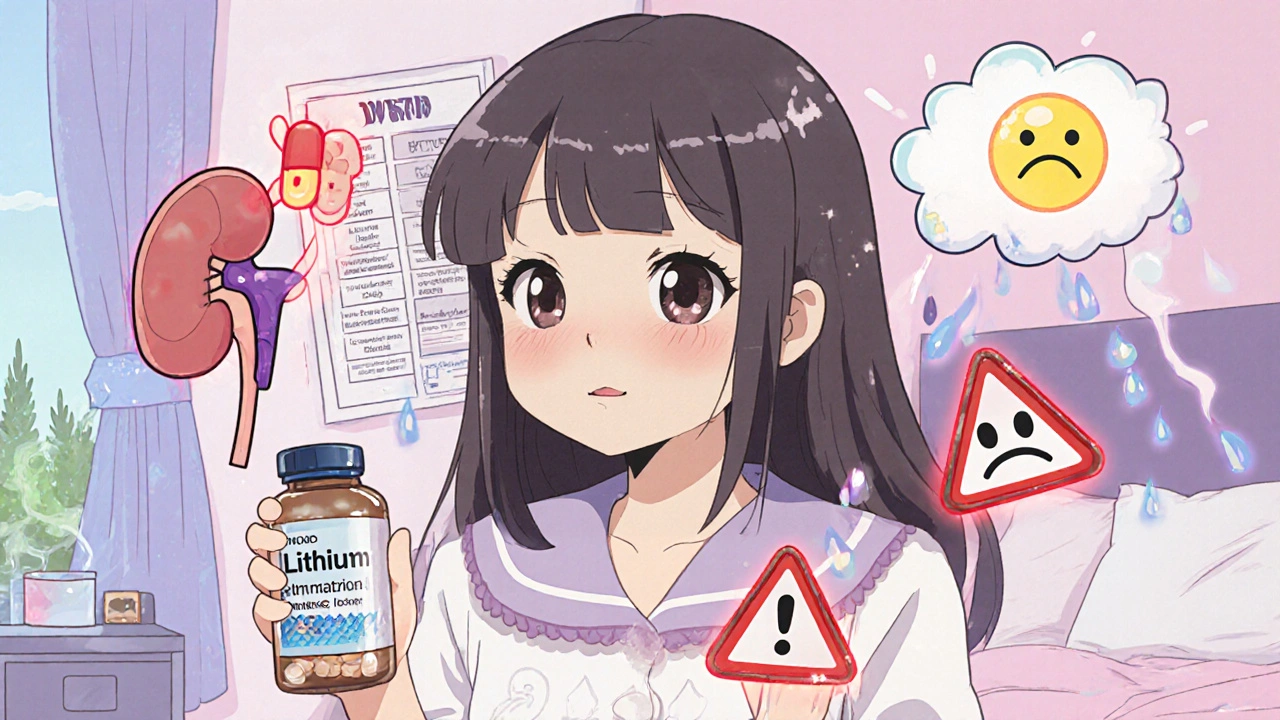NSAID Kidney Damage: What You Need to Know Before Taking Pain Relievers
When you reach for ibuprofen or naproxen for a headache or sore back, you’re using a type of drug called a NSAID, nonsteroidal anti-inflammatory drugs that reduce pain, fever, and inflammation. Also known as nonsteroidal anti-inflammatories, these drugs are among the most common medications people take without a prescription—but they can quietly harm your kidneys, especially with long-term or high-dose use.
NSAIDs work by blocking enzymes that cause inflammation, but those same enzymes help keep blood flowing to your kidneys. When that flow drops, your kidneys struggle to filter waste and maintain fluid balance. Over time, this can lead to acute kidney injury, a sudden drop in kidney function that can happen after just a few days of heavy NSAID use, or even chronic kidney disease, a slow, silent decline in kidney function that may not show symptoms until it’s advanced. People with existing high blood pressure, diabetes, heart failure, or those over 60 are at higher risk—but even healthy adults aren’t immune if they take these drugs daily for months or years.
It’s not just about the dose—it’s about how often and how long you take them. A few pills for a sprained ankle? Low risk. A daily naproxen for arthritis? That’s a different story. The damage often builds up slowly, with no pain or warning signs until your kidneys are already struggling. That’s why so many cases go unnoticed until a routine blood test shows trouble. And here’s the catch: many people don’t realize that even "over-the-counter" NSAIDs carry the same kidney risks as prescription versions.
What you’ll find in the posts below isn’t a list of warnings—it’s a practical guide to understanding how NSAIDs interact with your body, who’s most vulnerable, and what alternatives or precautions can make a real difference. You’ll see how drugs like ibuprofen, naproxen, and celecoxib compare in kidney risk, how other medications (like diuretics or blood pressure pills) can make things worse, and what steps you can take right now to protect your kidneys without giving up pain relief entirely. This isn’t about fear—it’s about smart choices.

 Nov, 12 2025
Nov, 12 2025